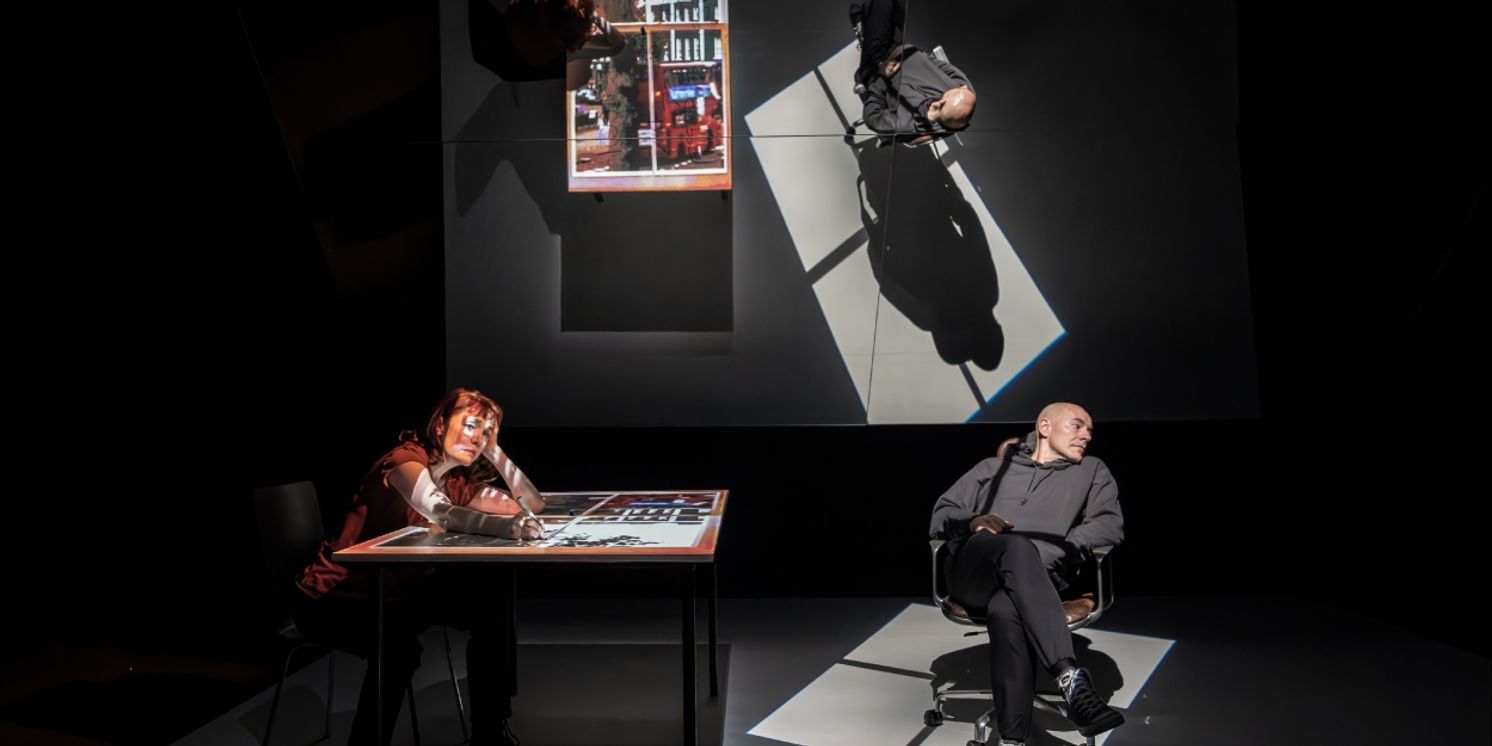Review: 4.48 PSYCHOSIS, Royal Court Theatre
Sarah Kane's swansong remains a harrowing, life-changing experience.

![]() Sarah Kane has become part of the mythology of British theatre. She was a brilliant mind, unbridled in her explorations of existence. Severely depressed, she hanged herself in the toilets of King’s College Hospital on the 20th of February, 1999. Regrettably, it wasn’t a surprise. She wrote and talked about suicide very matter-of-factly. Kane authored, in total, five plays and a short film, all of equal, tragic precision in their emotional quality. It’s astonishing how much genius came from someone who suffered so intensely.
Sarah Kane has become part of the mythology of British theatre. She was a brilliant mind, unbridled in her explorations of existence. Severely depressed, she hanged herself in the toilets of King’s College Hospital on the 20th of February, 1999. Regrettably, it wasn’t a surprise. She wrote and talked about suicide very matter-of-factly. Kane authored, in total, five plays and a short film, all of equal, tragic precision in their emotional quality. It’s astonishing how much genius came from someone who suffered so intensely.
Twenty-five years later, the team who put together her final, harrowing piece 18 months after her death, reunites in the same space where it was first staged. 4.48 Psychosis is notoriously difficult. There are no characters, no plot, no directions. The narrative fluctuates between expressions of clinical depression and discussions of suicide, medications and their effect, pain. It’s a long poem containing different styles more than straight drama.

James Macdonald directs Daniel Evans, Jo McInnes, and Madeleine Potter in the reprisal of their roles. The result is as jolting as it must have been a quarter of a century ago. Kane’s work is visceral, a nightmarish conjuring of self-loathing. The text comes alive with musicality: alliteration, allegory, analogy assemble to paint the picture of a woman who simply didn’t have the ability to continue living.
Some projections accompany the script (if we can call it that) in this replica revival: static takes over brutally when she’s on medication, a window (beautifully manifested through video projections by Jeremy Herbert and lighting by Nigel Edwards) defines the conversations with her doctors. Any coup de théâtre (very few, mostly lights and sounds, the latter by Paul Arditti) never distracts from the words.

The trio become a fragmentation of her state of mind. They repeat phrases and reiterate concepts with a dry delivery, covering the jarring topics according to Kane’s deconstructed thoughts. An artist defined by death — hers and the ones she wrote about – she doesn’t explore mortality. Instead, she walks us alongside that no-man’s-land located between the rejection of life and the demise of the body. That’s why Kane transcends time and place with her vibrant descriptions of despair, pointed right at the heart of the subject. Her whirlpool of anguish catches us, and we spiral with her.
The weight of Kane’s history weighs heavily on the room, but so does the cathartic release found in the act of writing. After the anger subsides, a moment of clarity reminds us what it means to be human. The meaning of artistry emerges with a complicated push and pull: her nihilistic view combines with the desire to create and leave a mark. A pin could drop in the front row and you'd hear it from the very back. The ending brings on the apogee of symbolism, welcoming a world Kane never saw into the darkness of the auditorium. There must be something really wrong if you exit the show as unaffected as you entered it.
4.48 Psychosis runs at The Royal Court Theatre until 5 July before moving to The Other Place in Stratford-upon-Avon from 10 to 27 July.
Photography by Marc Brenner
Reader Reviews

Videos

